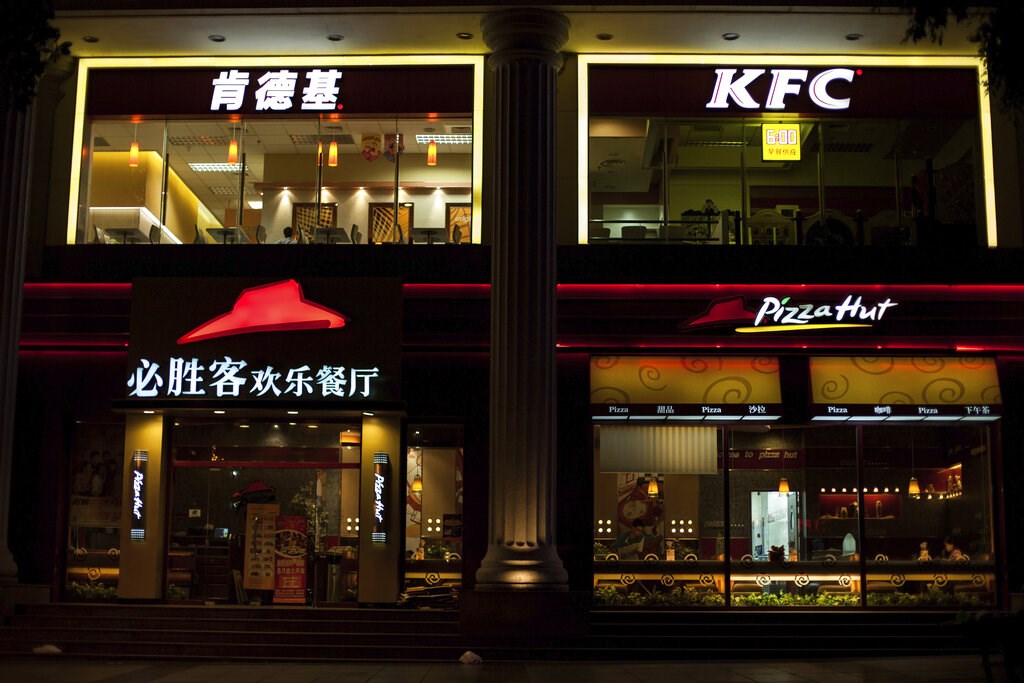Kate Lin: Welcome to Morningstar. The Chinese equity market has trended lower on rising concerns that the push for “Common Prosperity” will reduce corporate profitability. The policy goal is to form an oval-shaped income distribution, which means bringing up the proportion of the middle-class. Is the market overreacting? And long term, what does the rise of the middle class mean for Chinese equity markets? Morningstar equity analyst, Ivan Su is, here to share his thoughts.
Welcome, Ivan.
Ivan Su: Hello, Kate.
Lin: We have heard a lot about this policy. What does it mean for Chinese equity investors?
Su: Yeah, that's a great question, and it's also one that a lot of investors have been asking themselves. And we really see varying levels of impacts depending on which industry we're talking about here. Now, some impacts are positive while others are negative. For example, on the positive side, a push toward moderate wealth for all people will benefit some consumer companies under our coverage. We're talking about businesses with large exposure selling mass-market products, whether they are apparel, footwear, food, or even cars. Two major beneficiaries that we've identified under our coverage are Yum China (YUMC) and ANTA Sports (02020). So, while this policy does benefit some consumer companies, the internet companies haven't been so lucky as they will now have to put a stop to their monopolistic practices. So, there will not only be more supervision but also, more competition as a result of this common prosperity push.
Lin: Let's go deeper into the consumer sector. You said Yum China will be one of the beneficiaries in this common prosperity push. Why?
Su: Yeah. So, Yum China is the largest restaurant group in China. Their main business surrounds operating KFCs and Pizza Huts, plus a number of other restaurant concepts in the country. This is a company that we think will benefit from the push for few reasons. One is that we've seen multiple studies that have shown that the middle class actually eat the most amount of fast food. So, a bigger middle class would boost demand for Yum China's restaurants. And also, the second thing to keep in mind here is that the common prosperity push is not just about boosting the middle -class, it's also about helping out the lower-income households, finding ways to make their daily lives better off. Now, keep in mind that about 40% of Chinese people make less than US$6 a day against an average KFC meal costing about US$3. So, as you can see, increasing prosperity for the lower-income household will make KFC meals more affordable for this group of people. And overall, we continue to view Yum China as one of the safest ways to gain exposure through the growing Chinese middle-class over the next decade. I think the stock really presents a compelling combination of free cash flow growth and capital returns while avoiding regulatory risks tide to a number of other sectors like Internet for example.
Lin: So, another name you identified is ANTA Sports. Can you tell us a little bit more?
Su: Yeah. So, ANTA Sports, like its name suggests, it sells sportswear to the Chinese people. It operates more than a dozen of sportswear brands in China. Our view is that with the emergence of an ever-larger middle class in the country, that means more and more people will pay attention to health and wellbeing. This in turn will boost the number and frequency of people exercising, which in turn drives sportswear sales in the country. We really see a tremendous amount of runway for sportswear sales to pick up here. Spending on sportswear is only about US$30 per capita in China. This compares to about US$110 in Japan and more than US$300 in the U.S. So, there's a significant amount of upside opportunities we're talking about. Now, also, to keep in mind here is that now that China has put a ban on after-school tutoring, so we do think that sports will gradually become a major after-school activity, which again translates to more sportswear sales. ANTA is our top pick in the segment, because one, it's the second-largest sportswear manufacturer in the country. It owns its namesake brand and FILA China, plus a number of outdoor activewear brands like Arc’teryx and Salomon. We like this company because it has a very strong portfolio sportswear brand which we just mentioned. Second, it has a management team with a proven track record. And three, it operates in an industry that's benefiting from all these policy tailwinds which we just talked about.
Lin: So, lastly, is there some risk that you are keeping an eye on?
Su: Yeah. We definitely see a number of near-term headwinds. And the biggest risk that we've identified for the consumer sector is really on the demand side. So, over the past few months, we've seen a noticeable slowdown in the country's consumer spending. So, we saw that in July, we saw that in August and we could possibly see that again in September. So, what worries me is if this slowdown in consumption continues over the next few months or even a few quarters, that itself will present a near-term earnings risk to a lot of these consumer stocks that we just talked about. As for the internet stocks, the elephant in the room again is whether there will be more regulations coming out over the near term. If there are more regulations, then we should expect these stocks to continue to trend down because investors worry about near and long-term earnings impact from these regulations.
Lin: Thank you for your time, Ivan. For Morningstar, I'm Kate Lin.











.png)





.jpg)





